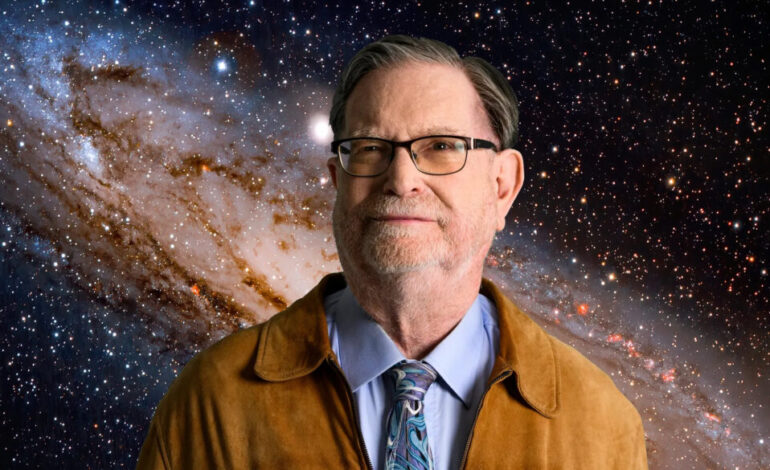Nobel Laureate George Smoot, Key Big Bang Theorist, Dies at 80

BREAKING: Renowned physicist George Smoot, who played a pivotal role in validating the Big Bang theory, has died at the age of 80. Smoot passed away due to a heart attack on September 18, 2025, in Paris, leaving a profound legacy in the world of cosmology.
Smoot, a professor emeritus at the University of California, Berkeley, was awarded the 2006 Nobel Prize in Physics for his groundbreaking work on the cosmic microwave background (CMB) radiation. His pioneering experiments with NASA’s Cosmic Background Explorer (COBE) satellite confirmed minute temperature variations in the CMB, providing critical evidence for the Big Bang theory, which posits that the universe expanded rapidly nearly 14 billion years ago.
In a press conference in 1992, Smoot famously stated, “If you’re religious, it’s like seeing God,” as he announced the detection of the CMB. This monumental discovery marked a turning point in cosmology, inspiring a new generation of scientists to explore the universe’s beginnings. According to an obituary from the Laboratoire Astroparticule et Cosmologie (APC), Smoot’s work significantly advanced the field, stating, “Today cosmology is at the center stage of physics, due in no small part to this [Smoot’s] and subsequent measurements of the CMB.”
Smoot’s academic journey began in Florida, where he was born on February 20, 1945. He earned his Ph.D. from MIT in 1970, later moving to Berkeley Lab as a postdoc. His shift to studying the CMB began in 1973, ultimately leading to the COBE satellite’s launch in 1989.
The significance of Smoot’s work is underscored by Stephen Hawking, who described the CMB findings as “the greatest scientific discovery of the century.” These measurements confirmed the Big Bang model and provided a tool for understanding the universe’s evolution. His detection of temperature fluctuations, equivalent to 1 part in 100,000, illuminated the cosmic structures that formed over billions of years.
In addition to his Nobel Prize, Smoot was recognized with numerous awards, including the 2006 Gruber Prize and the 1995 Lawrence Award. He contributed significantly to various international research initiatives and educational programs, including the “Teaching the Universe” project, aimed at inspiring younger generations in science.
Colleagues remember Smoot as a visionary. Saul Perlmutter, a fellow physicist and Nobel Prize winner, noted his ability to foresee scientific trends and inspire others. “He was somebody who always enjoyed looking ahead to what was happening in the world,” Perlmutter said.
Smoot’s legacy extends beyond cosmology; he was also known for his public engagement in science. He made appearances on popular platforms, including the sitcom The Big Bang Theory, and gained fame as a contestant on Are You Smarter Than a Fifth Grader?, winning the $1 million prize in 2008.
As the scientific community mourns the loss of this influential figure, his contributions to our understanding of the universe will continue to resonate. Smoot is survived by his partner, Nóra Csiszár, his sister, and two nieces. His passing marks a significant moment in the field of physics, as we reflect on the profound impact of his discoveries on our understanding of the cosmos.
Stay tuned for ongoing coverage and tributes to George Smoot’s monumental legacy in the world of science.






